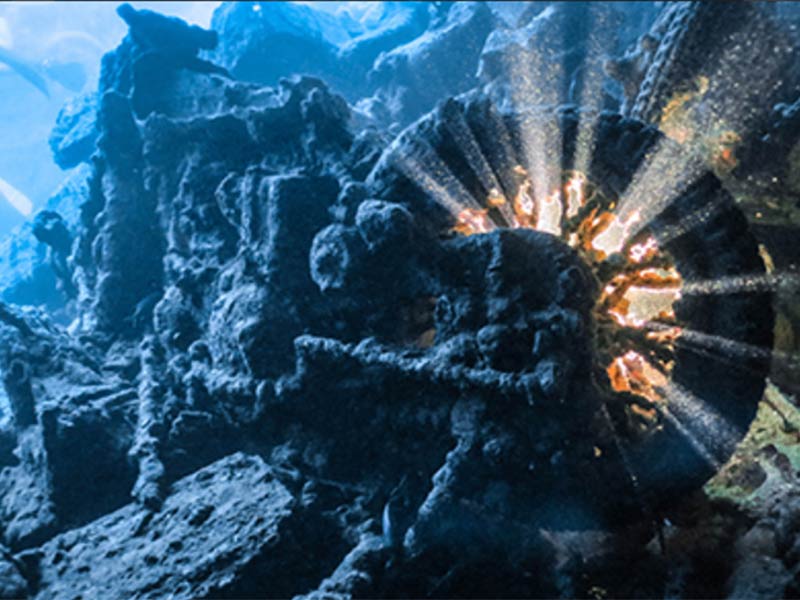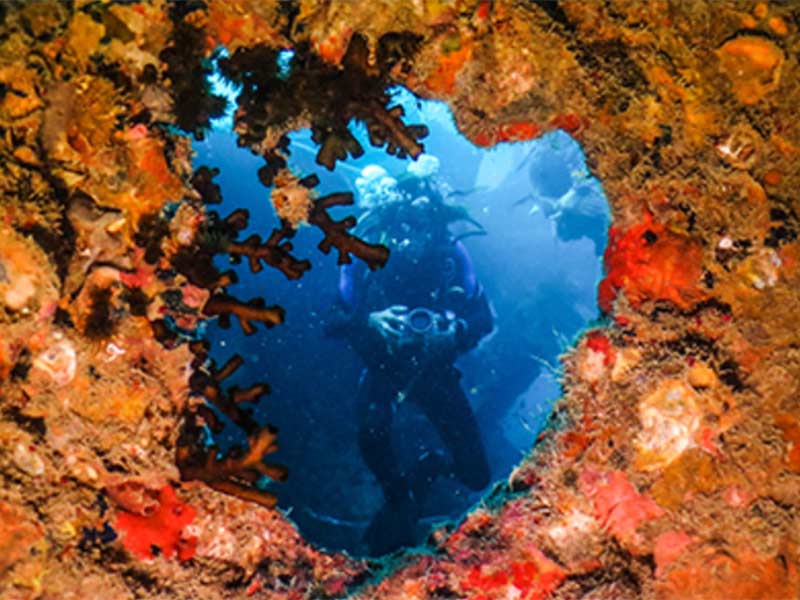- Home
- Destinations
- Aswan to Abu Simbel Tour: Weekly Boat Trips with Dabuka Tours
- Bedouin Culture and Boat Safari
- Discover Nubia: A Journey Through Time and Tranquility
- Embark on an Enchanting Journey: Exploring Egypt by Boat
- New Year’s Eve Under the Stars: A Captivating Voyage on Lake Nasser
- Philae Temple – Luxury Safari Boat and Oases
- Lake Nasser Yoga Retreat aboard the Dabuka Blue
- Dance Heritage Show: Celebrate Egyptian Culture
- Explore Wadi El Natrun: Ancient Monasteries and Christian History
- Felucca Ride at Sunset in Luxor
- Private Plane Adventures – Soar Above the Pyramids
- Cairo by Night. Why it is a Must Do!
- Sand Burial Treatment: A Holistic Healing Experience in Siwa Oasis
- Swimming with dolphins at Dolphin house Sataya Reef
- Skydiving Egypt – A Unique Paramotor Flight Experience 1.67 out of5
- Services
- About Us
- Plan Your Trip
- Resources
- Contact
Deutsch
- Home
- Destinations
- Aswan to Abu Simbel Tour: Weekly Boat Trips with Dabuka Tours
- Bedouin Culture and Boat Safari
- Discover Nubia: A Journey Through Time and Tranquility
- Embark on an Enchanting Journey: Exploring Egypt by Boat
- New Year’s Eve Under the Stars: A Captivating Voyage on Lake Nasser
- Philae Temple – Luxury Safari Boat and Oases
- Lake Nasser Yoga Retreat aboard the Dabuka Blue
- Dance Heritage Show: Celebrate Egyptian Culture
- Explore Wadi El Natrun: Ancient Monasteries and Christian History
- Felucca Ride at Sunset in Luxor
- Private Plane Adventures – Soar Above the Pyramids
- Cairo by Night. Why it is a Must Do!
- Sand Burial Treatment: A Holistic Healing Experience in Siwa Oasis
- Swimming with dolphins at Dolphin house Sataya Reef
- Skydiving Egypt – A Unique Paramotor Flight Experience 1.67 out of5
- Services
- About Us
- Plan Your Trip
- Resources
- Contact
Deutsch
- Home
- Destinations
- Aswan to Abu Simbel Tour: Weekly Boat Trips with Dabuka Tours
- Bedouin Culture and Boat Safari
- Discover Nubia: A Journey Through Time and Tranquility
- Embark on an Enchanting Journey: Exploring Egypt by Boat
- New Year’s Eve Under the Stars: A Captivating Voyage on Lake Nasser
- Philae Temple – Luxury Safari Boat and Oases
- Lake Nasser Yoga Retreat aboard the Dabuka Blue
- Dance Heritage Show: Celebrate Egyptian Culture
- Explore Wadi El Natrun: Ancient Monasteries and Christian History
- Felucca Ride at Sunset in Luxor
- Private Plane Adventures – Soar Above the Pyramids
- Cairo by Night. Why it is a Must Do!
- Sand Burial Treatment: A Holistic Healing Experience in Siwa Oasis
- Swimming with dolphins at Dolphin house Sataya Reef
- Skydiving Egypt – A Unique Paramotor Flight Experience 1.67 out of5
- Services
- About Us
- Plan Your Trip
- Resources
- Contact
Deutsch
Diving Safari Egypt – Your Red Sea Adventure Starts Here
Diving in the Red Sea means vibrant coral reefs, crystal-clear waters, and spectacular underwater landscapes. A diving safari in Egypt offers the perfect blend of adventure and comfort. With a liveaboard, you’ll reach top dive sites with ease – and focus entirely on your underwater experience.
From the colorful reefs of Hurghada and the shark encounters at Elphinstone to the legendary wrecks of Abu Nuhas – Egypt has something for every diver. Diving safaris from Marsa Alam are particularly popular, as they provide access to the most pristine and remote reefs of the Red Sea.
Coral reefs around Hurghada – a divers paradise
Eat – dive – sleep – repeat!
Red Sea Liveaboard Diving Safari from Hurghada
Anyone seen Nemo?
Red Sea Wreck Diving Tour
Don’t hesitate, we are all made of water!
Diving Spot with Sharks – Red Sea Liveaboard Adventure
Life looks better under water
Egypt Dive Holidays – Perfect for Beginners & Experts
Whether you’re a beginner diving for the first time or an experienced diver chasing thrilling drop-offs, a diving holiday in Egypt offers ideal conditions for every skill level.
Why Egypt for your dive trip?
✔ Warm waters and excellent visibility year-round
✔ Stunning coral formations and massive schools of fish
✔ Perfect diving infrastructure – liveaboards & dive resorts
✔ Remote reefs with pelagic life: sharks, rays & dolphins
Scuba Diving in Egypt – From Wrecks to Big Fish Encounters
Scuba diving in Egypt is a dream for marine life lovers. From playful dolphins to reef sharks, Egypt’s dive sites offer encounters that thrill beginners and pros alike. If you’re drawn to scuba diving in the Red Sea, you’re in for coral gardens, steep drop-offs, and massive fish schools.
Wreck diving in Egypt is another major highlight. Wrecks like the SS Thistlegorm and the Giannis D lie scattered across Egypt’s coastline and are home to colorful corals, moray eels, and lionfish. If you’re looking for unique dives, wreck diving the Red Sea should top your list.
Diving in the Red Sea – Tailored Packages for Every Level
Diving in the Red Sea offers unmatched biodiversity, visibility, and adventure. From Red Sea diving holidays with full-service resorts to tailor-made Red Sea diving tours, there’s a package for every diver. Want to combine reefs and wrecks? Look out for combo offers and special safaris.
Popular Red Sea diving trips include:
- Northern routes with access to famous wrecks and beginner-friendly dives
- Southern tours for advanced divers craving shark encounters and deep reefs
- Multi-day Red Sea diving packages combining luxury, flexibility, and adventure
FAQ
When is the best time for diving/dive safaris in Egypt?
The Red Sea can be dived year-round. Spring and autumn are particularly popular because water temperatures and visibility are pleasant. In summer the water can be very warm but thermals and winds may increase. In winter temperatures drop so choosing the right wetsuit is important. Conditions also vary by route: northern routes are known for wrecks and reefs, while offshore southern spots such as Brothers, Daedalus or Elphinstone are more sensitive to wind and weather.
Which dive safari routes does Dabuka offer?
Dabuka offers various dive safari routes in the Red Sea. Northern routes are known for famous wrecks and colourful reefs, while the classic BDE route (Brothers, Daedalus, Elphinstone) has an open-sea character with chances of big fish encounters. Programs usually last seven nights on board, starting and ending in Hurghada or Marsa Alam depending on the route. Specific dive sites vary with permits and weather conditions.
What does a dive safari cost and what tipping is customary?
Prices for dive safaris vary by route, season, boat category and cabin type. Dabuka's programs start from around 970 USD per person for a northern-route safari. Routes featuring wrecks, offshore spots or shark encounters are priced higher, typically between 1,000 and 1,200 USD. After an inquiry you will receive an individual fixed offer with all included services. Tipping is usually collected at the end of the trip and distributed evenly; the exact amount is stated in the trip details.
What prerequisites/equipment do I need?
For more challenging offshore spots like Brothers, Daedalus or Elphinstone we recommend at least an Advanced Open Water certification, recent diving experience and confidence in handling currents and depth. Wetsuit choice depends on the season: thinner suits are fine in summer while thicker suits are recommended in winter. Rental equipment and Nitrox are available subject to availability. Depth recommendations conform to international standards such as PADI.
How safe are dive safaris in the Red Sea?
Dive safaris in the Red Sea are considered safe because all operations are accompanied by licensed guides. Before each dive participants receive a detailed briefing on procedures, safety rules and emergency measures. Oxygen, first aid kits and an emergency plan are available on board. It is important that divers assess their medical fitness beforehand and follow travel advisories. This way safety and trouble-free diving can be ensured.




